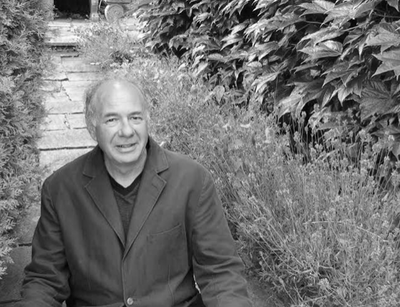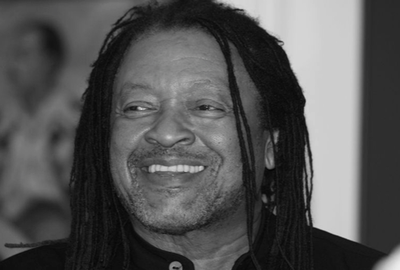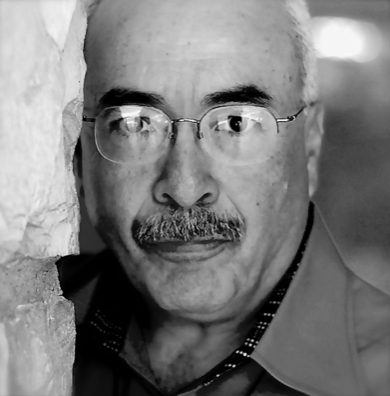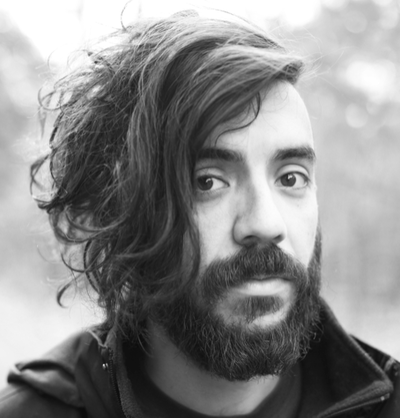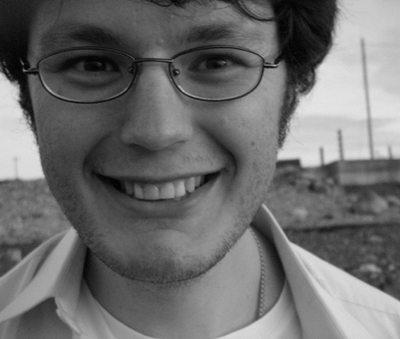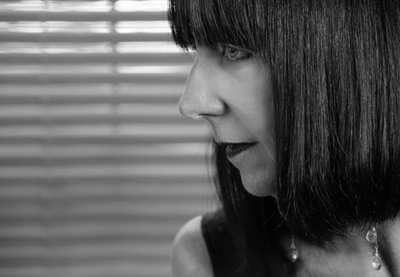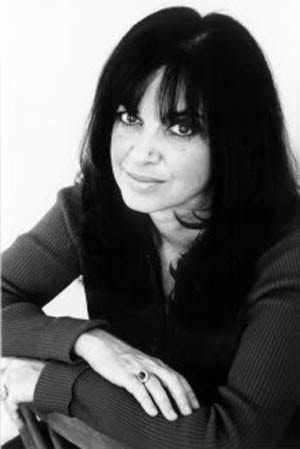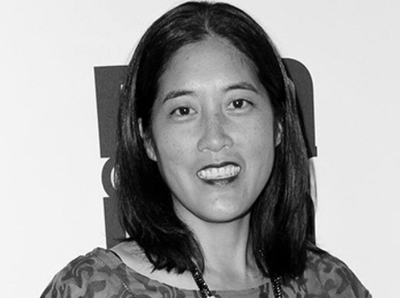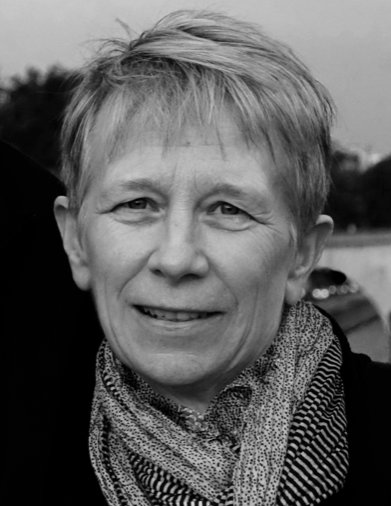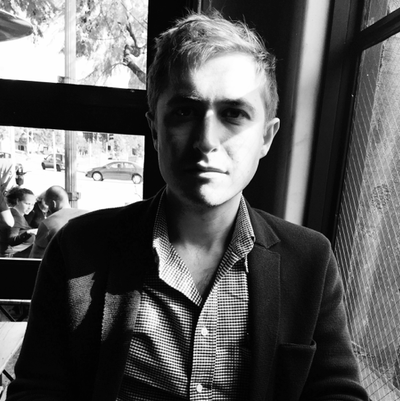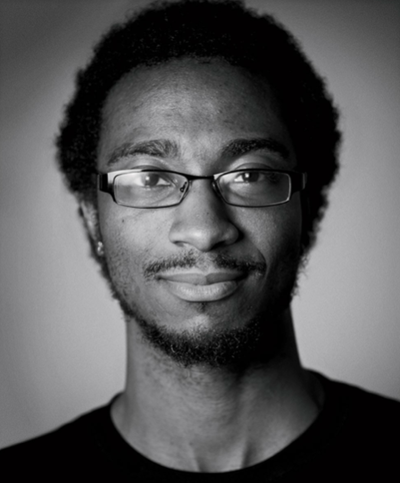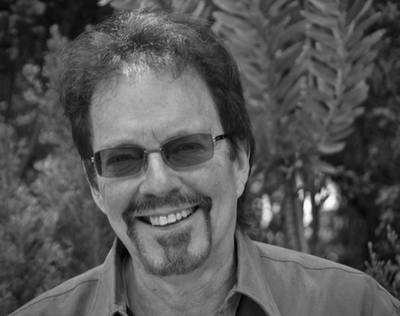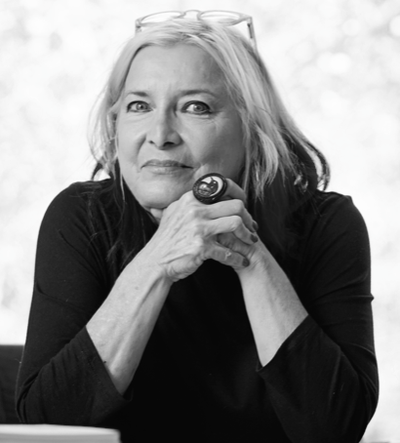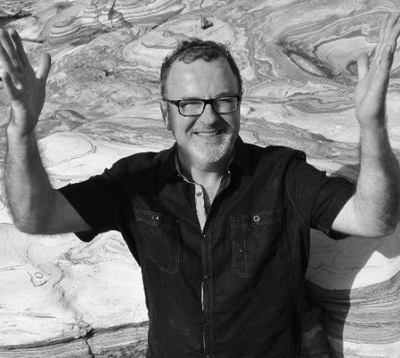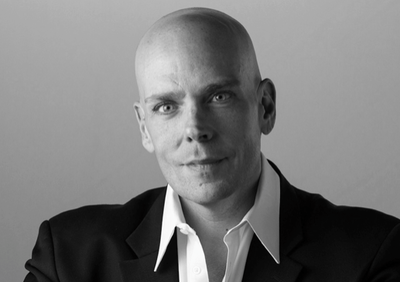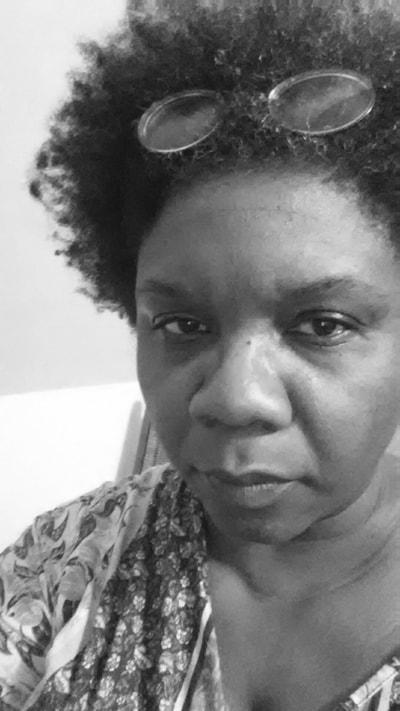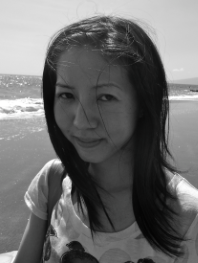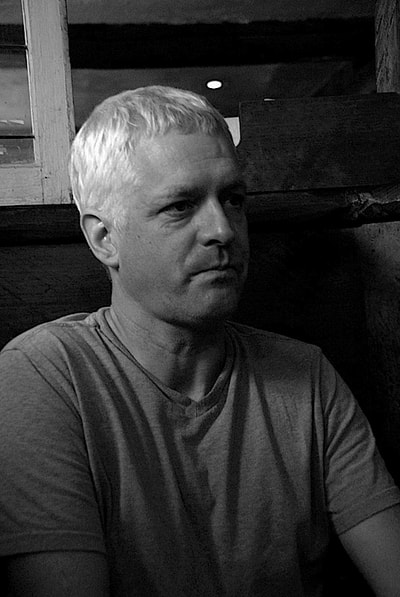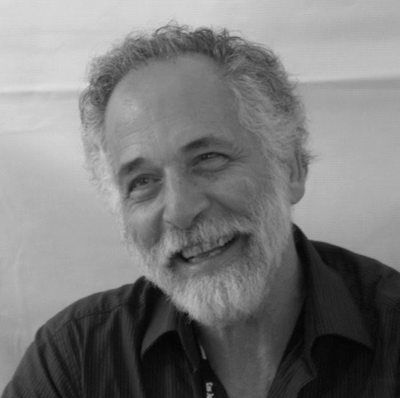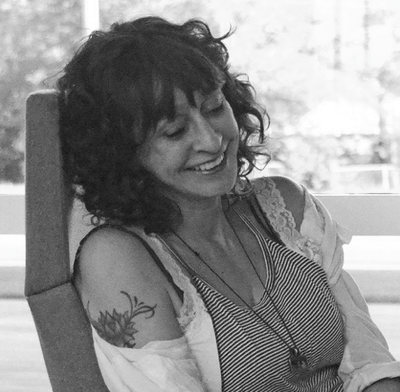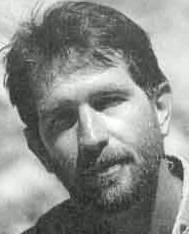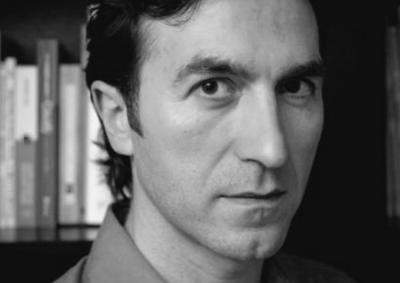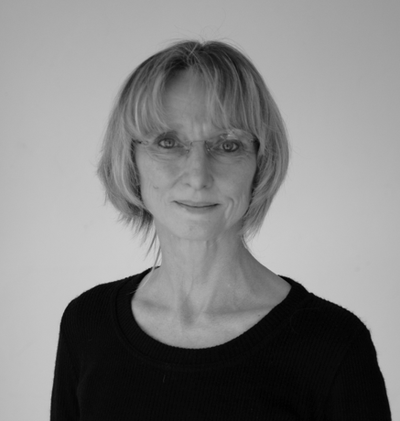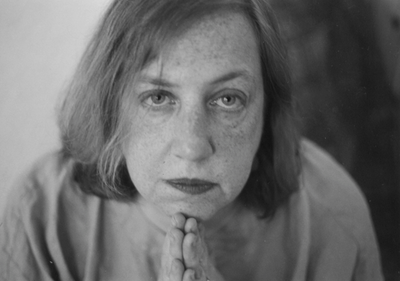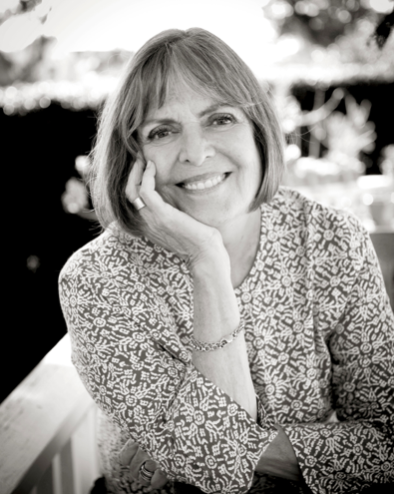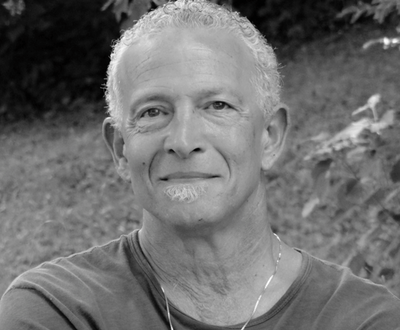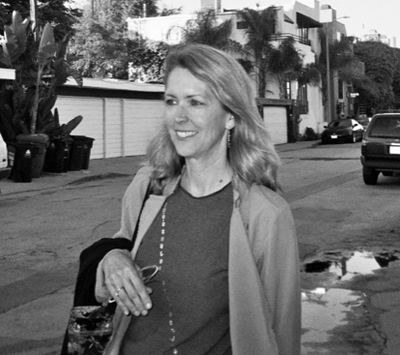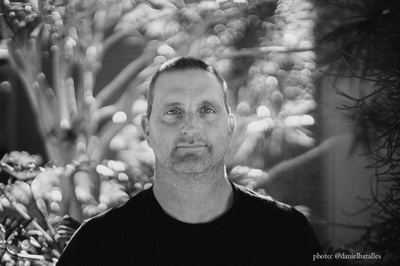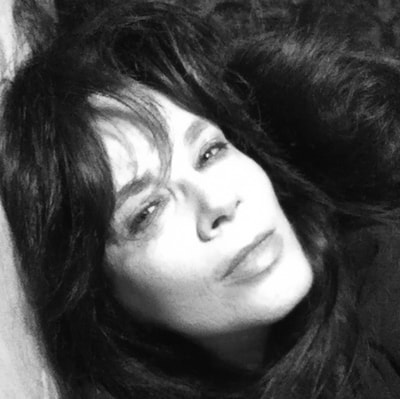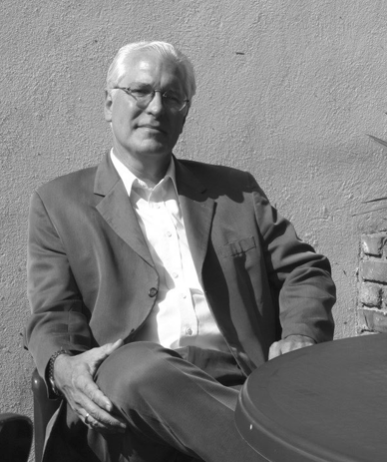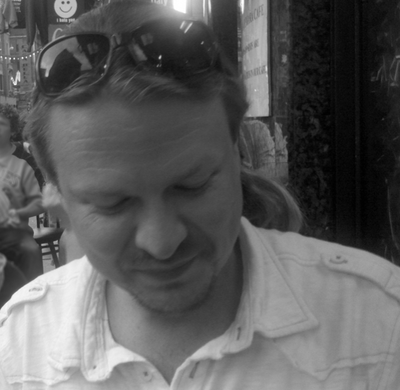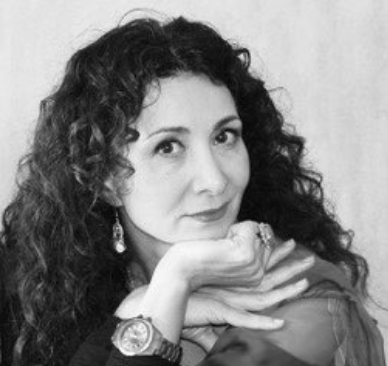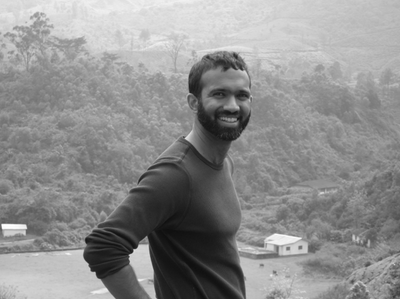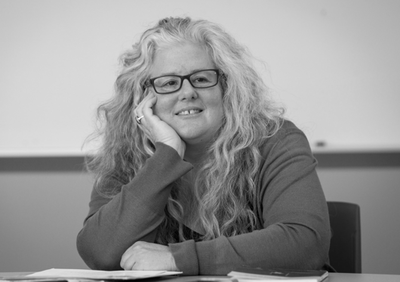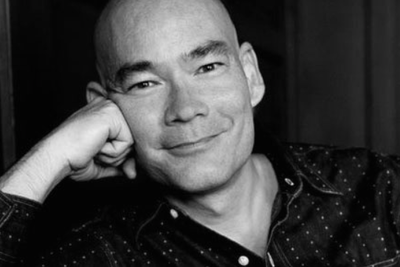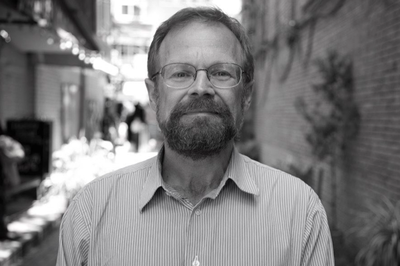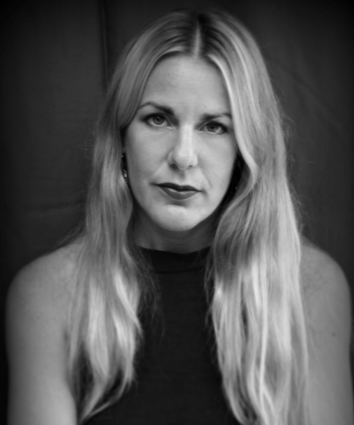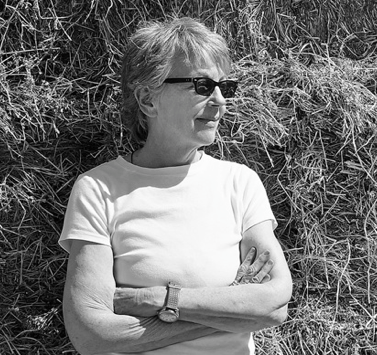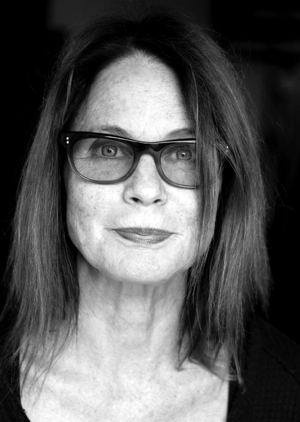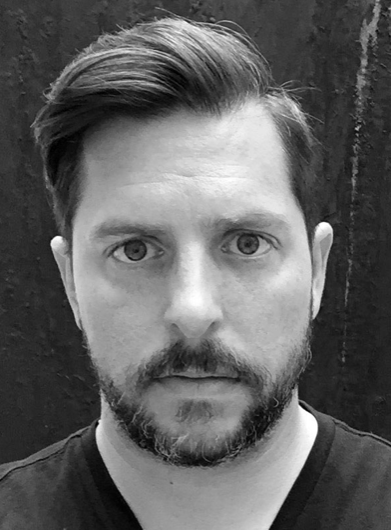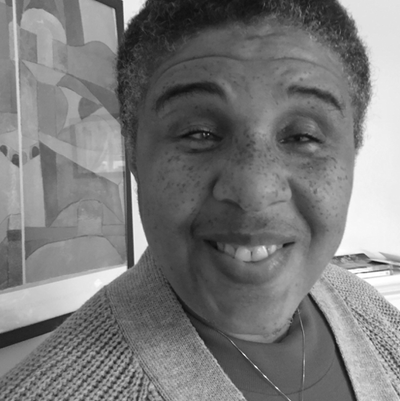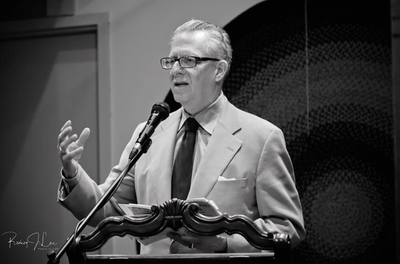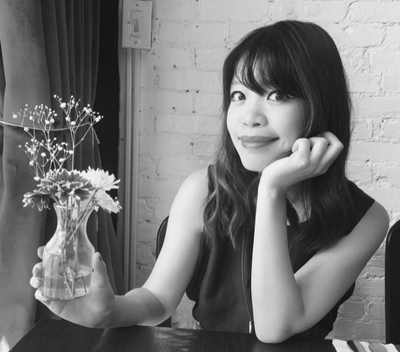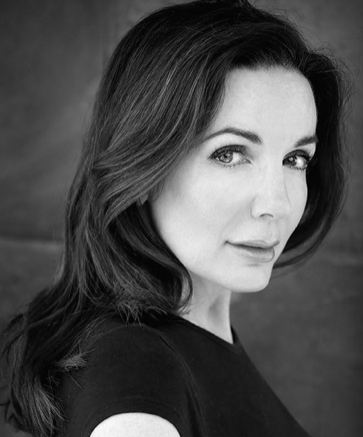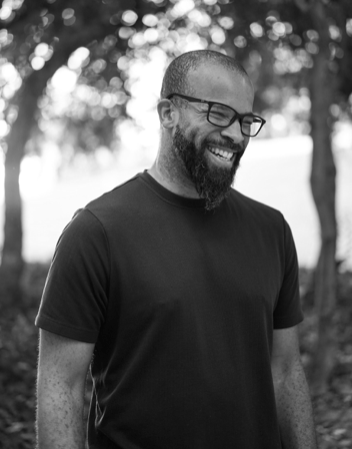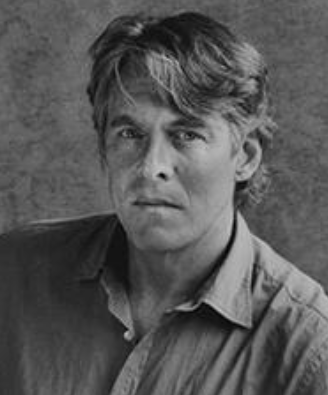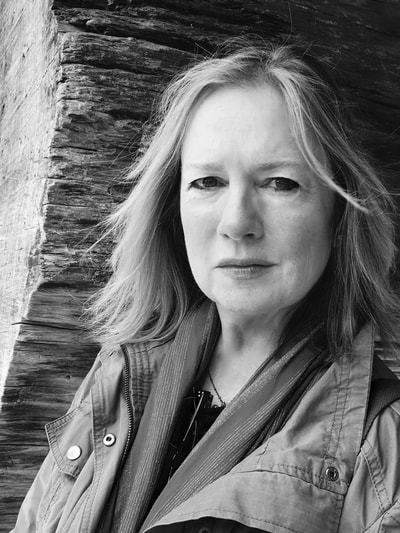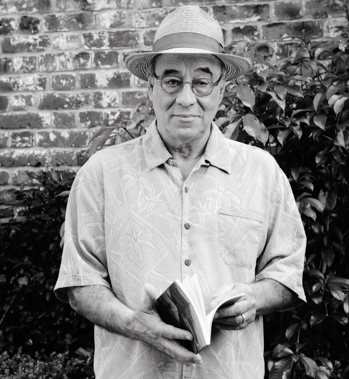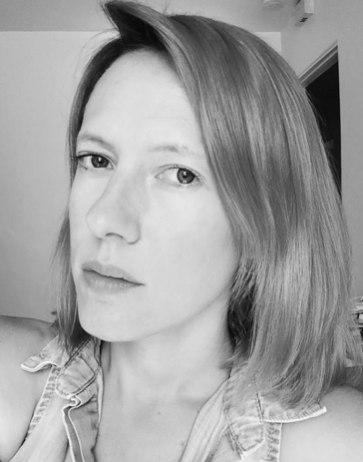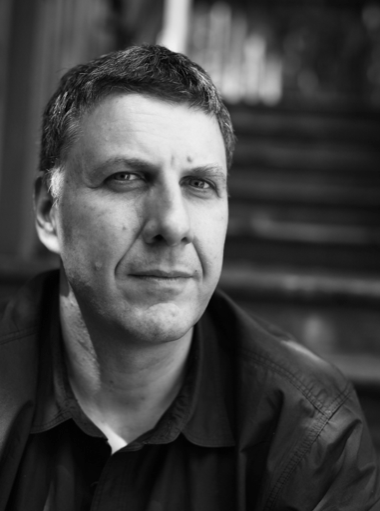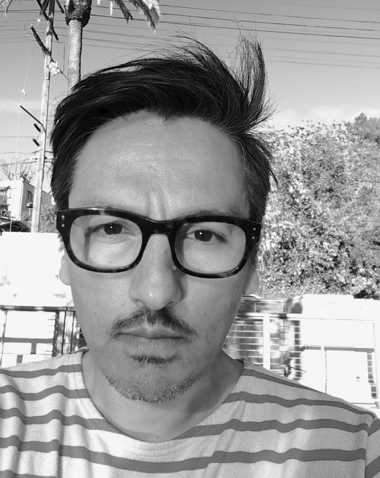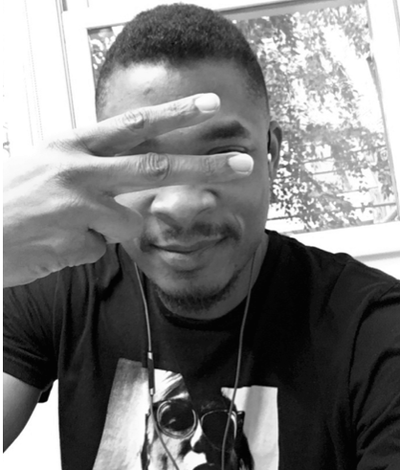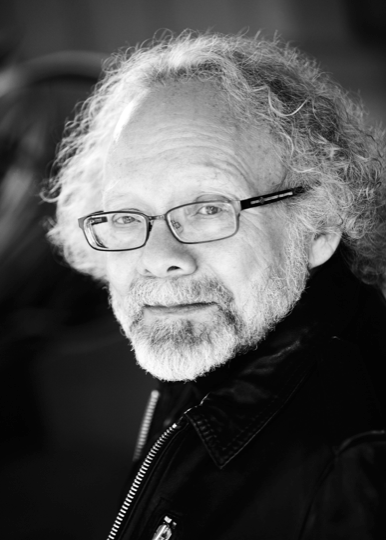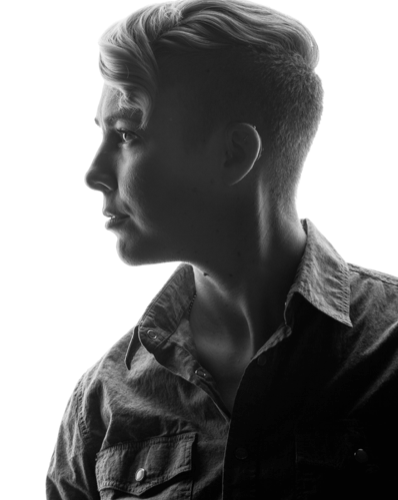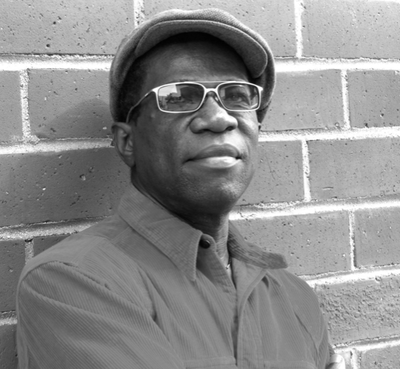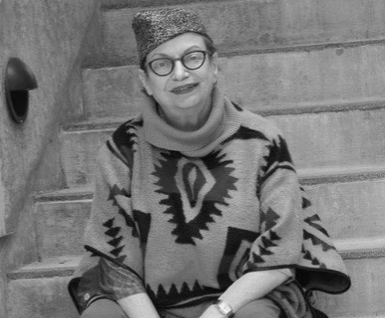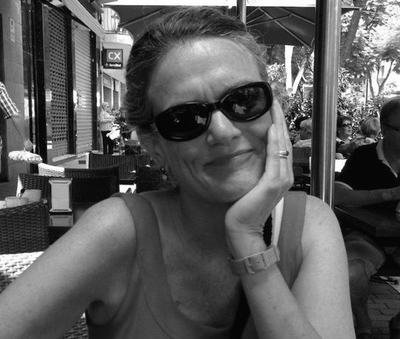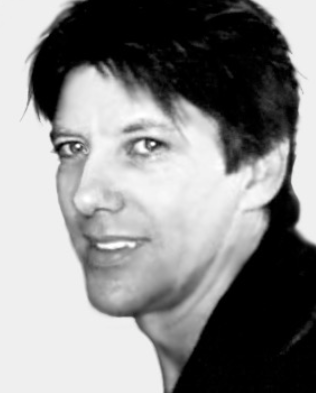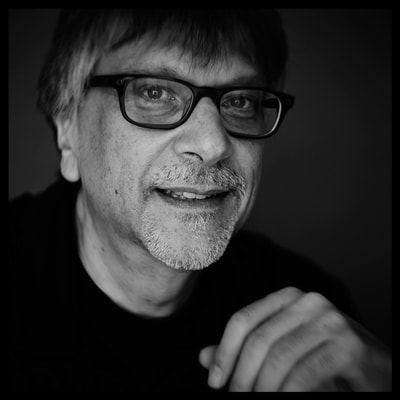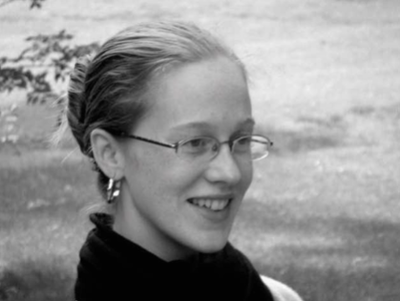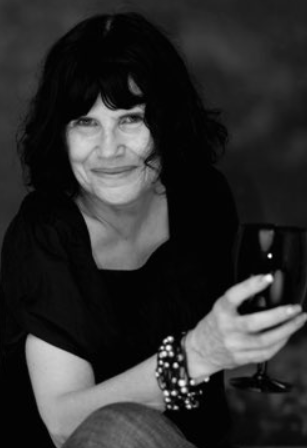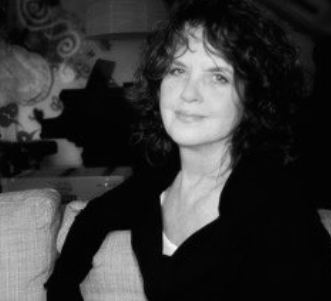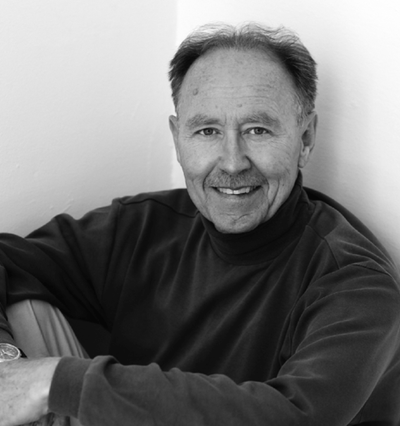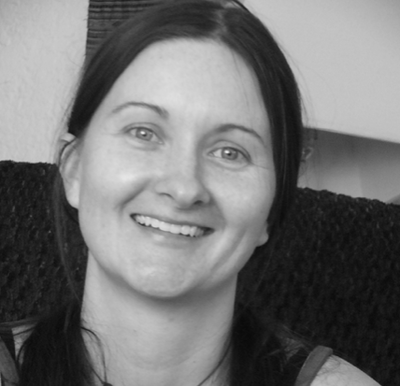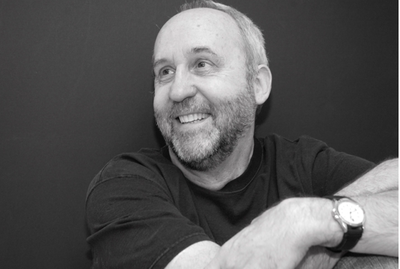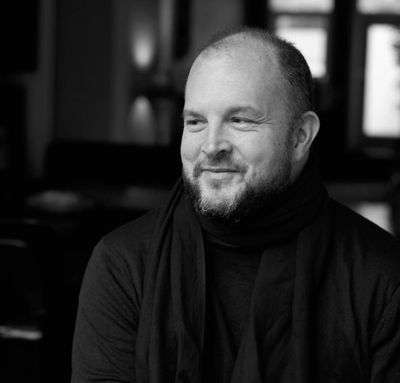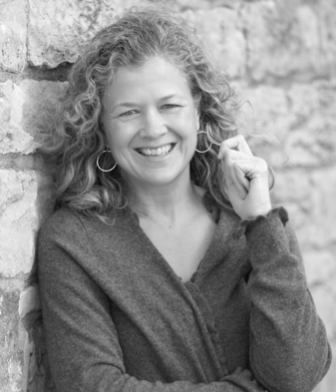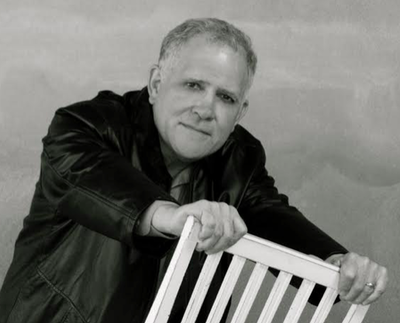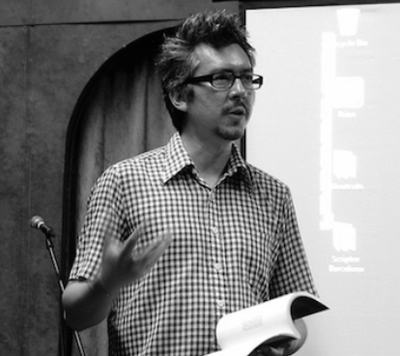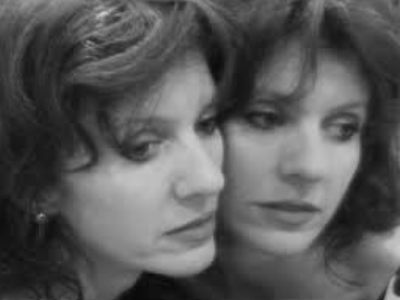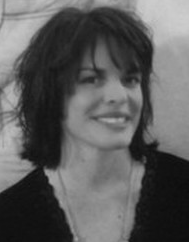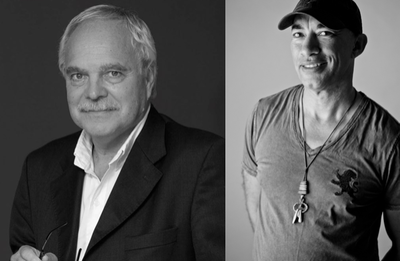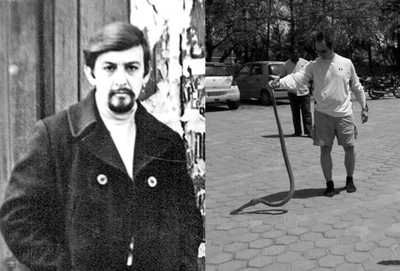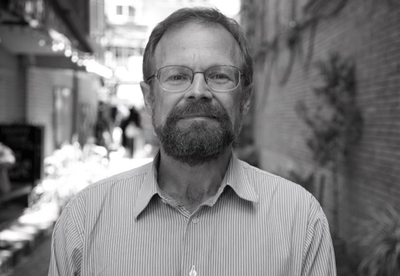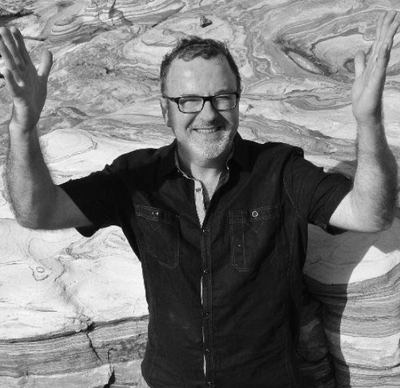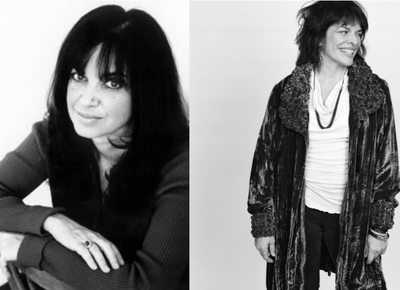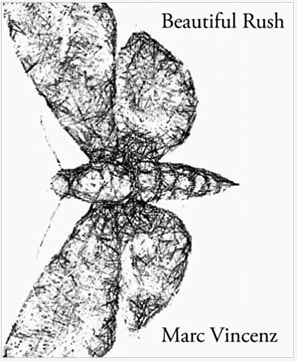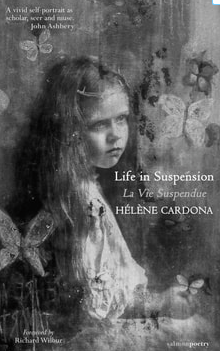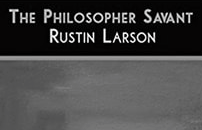Issue XXV August 2017
(Silver Jubilee Edition)
Poetry from U.S.A.
edited by Elena Karina Byrne
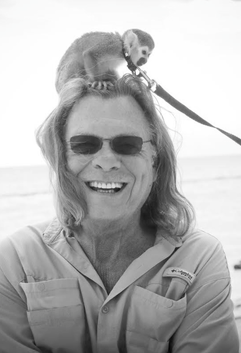 Thomas Lux (Enchanting Poet ISSUE XXV) Thomas Lux (Enchanting Poet ISSUE XXV)
THOMAS LUX, THE MILKMAN’S SON
by Stuart Dischell A few weeks after Thomas Lux’s death, I found a pamphlet of his poems Pym Randall Press published called Massachusetts: Ten Poems (1981). When Tom gave it to me he signed it: “12 weeks pal, 12 weeks of half-howling” and it is dated December 10, 1981--Tom’s birthday, though I did not know it at the time. It is a fitting metaphor for our friendship that Tom would give me a gift on his birthday without revealing this fact. He was 35 and I was 27. We had become friends when he came to Boston once a week to teach the Graduate Poetry Workshop at Boston University where I was a lecturer. I loved his work before we met and admired the poems in Sunday (a book named by the way for the horse he rode on his family’s farm when he was a child) and Memory’s Hand Grenade (Memory’s Hand Job in his delightful lexicon of Houghton Mifflin being the Muffler, Cleveland State being Cheapland State, etc). The first night we hung out, we met up with Franz Wright who Tom had taught at Oberlin at the Bow and Arrow in Cambridge, a true dive bar but in the Harvard Square tradition. I remember walking past the bouncer who worked the door and him shouting after us, “hey Mick Jagger, it’s Mick Jagger, man.” I could see for a minute what he saw: Tom’s smile had the bite of mischief, being “mis-chee-vi-ous” he pronounced it, and he had the confidence and bearing of a true, naturally cool person who of course did not realize how cool he was. I did. I was amazed by his poems and thrilled by his friendship, which became as close as a brother’s, as caring and non-judgmental. One of my favorites of Tom’s poems, “The Milkman and His Son” leads off both Massachusetts: Ten Poems (1981) and the full-length collection Half-Promised Land. Though other poems may be greater candidates for his poetic canon, it was written during the period in which his work was moving from surrealism to finding transformation in the quirky human daily round. And in each new poem of this era, his heart was growing larger. Tom was a great poet of spiritual, historical, and political works—and also brilliant at detailing the inner life of the American family. His childhood experiences on the family farm sustained him and his work throughout his life. The Milkman and His Son For a year he’d collect the milk bottles—those cracked, chipped, or with the label’s blue scene of a farm fading. In winter they’d load the boxes on a sled and drag them to the dump which was lovely then: a white sheet drawn up, like a joke, over the face of a sleeper. As they lob the bottles in the son begs a trick and the milkman obliges: tossing one bottle in a high arc he shatters it in mid-air with another. One thousand astonished splints of glass falling . . . Again and again, and damned if that milkman, that easy slinger on the dump’s edge (as the drifted junk tips its hats of snow) damned if he didn’t hit almost half! Not bad. Along with gentleness, and the sane bewilderment of understanding nothing cruel, it was a thing he did best. Read Thomas Lux's Poems here |
IntroductionAccompanied by the erotic, the physical dominion of our senses, by urgency in precipitous circumstance and political surprise, a constantly changing language is one of our essential tools for seeing. Artist Ann Hamilton describes, in her own work, “how the act of speaking and learning another language is an embodied act… an act of empathy.” We’ve seen before, during historical times of strife, when arts and culture are devalued, how poets enter a critical period of renewal, reinvention, and rebellion.
The diversity and true range of poetic voices in this issue reinforces the idea (common since the triumph of the avant garde in the 20th century) that poetry's power still proves itself in resistance to mere "formula." In adjuratory terms, these fresh accelerants of juxtaposition and metaphor make us "think outside the box," as these poets do. Whether it’s the reader’s unforgettable move from the body’s “suchness” (Lynne Thompson), that “chair with/ the wing span upright,” (Juan Felipe Herrera) “some sunlight resizing the room,” (Kelli Anne Noftle) toward our perspective-inevitable “vanishing point,” (Kathy Fagan) “like a voice/ opening,” (Phillip B. Williams) out over “say somewheres upcountry,” (Atsuro Riley), or aloft in the “stairway’s echo. The thunder’s fuss,” (Jennifer Militello) in the “pre-decision darkness,” (Matthew Zapruder) “[n]ot unlike providence,” (David St John) or the mind, in “unholy distribution,” (Amy Newlove Schroeder) in pursuit of what we want from the ordinary and extraordinary messy exchange, embracing both despair and peace from it… To borrow a phrase from André Breton, I find myself entering a “Delirium of absolute presence” as I read them and so, this USA Jubilee edition succeeds in creating a beautiful unpredictability. My first professor Thomas Lux, in his poem “An Horation Notion,” writes that you make the thing you love “because someone else loved it / enough to make you love it”–– and here, each poet, enlivening the act of writing, generates within me a relentless desire, a sense of poignant engagement and reciprocity. What passionate respect of life, time’s measure in motion through spirit, what forms of fire, plant, animal, livelihood, what tantrum of love, lives between us when we read each other? This is one small conscious place where the act of knowing opens past all outside noise, cruelty, and past intolerance until we are no longer “strangers.” Elena Karina Byrne Guest Editor - ISSUE XXV 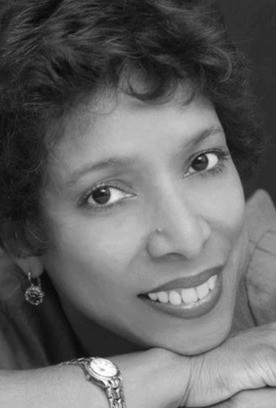 Lynne Thompson Lynne Thompson
Lynne Thompson
(Editor's Choice ISSUE XXV) Winner of 2017 Tucson Festival of Books Literary Prize, the Stephen Dunn Poetry Prize in 2016, and a Master Artist Fellowship from the City of Los Angeles for 2015-16, poet Lynne Thompson is the author of Start With a Small Guitar and Beg No Pardon, winner of the Perugia Book Award and the Great Lakes Colleges New Writers Award. Recent work appears or is forthcoming in Ecotone, Prairie Schooner, African American Review, Crab Creek Review, and, Poetry, among others. Read his Lynne's poems here |
